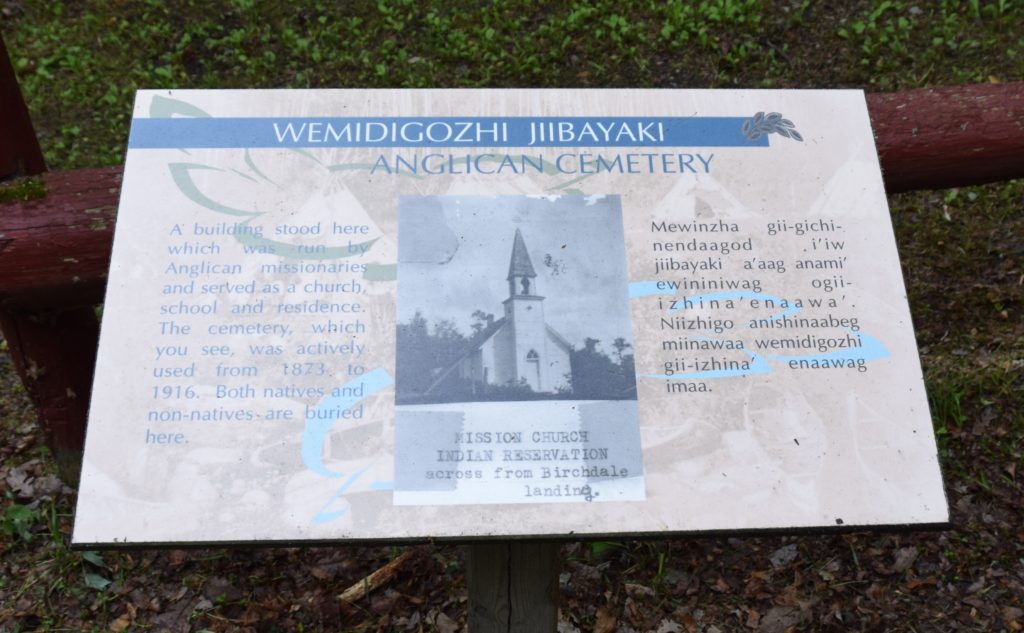Facing Both Ways

Many of the Ojibwe men and women whom Du Vernet met were poised between Christian and Ojibwe spirituality. In his diary Du Vernet documented what he perceived to be their struggle to “face both ways,” that is, to remain faithful to both Christian and Ojibwe traditions. Du Vernet used this term to describe Thomas Bunyan, a Christian Ojibwe who was baptized and attended church services but who also allowed his house to be used for Ojibwe ceremonies of dancing and gaming. Thomas Bunyan’s attempt to face both ways was a posture that Du Vernet tried to understand, but ultimately condemned.
Though Du Vernet generally faced firmly in the direction of Christianity, while on the Rainy River he at the very least turned his head to look at and study the Ojibwe spiritual world. He was both attracted to and repelled by Ojibwe practices of the medicine tent and grave house. Du Vernet’s diary records more than a simple denouncement of Ojibwe traditions, revealing instead his own contradictory feelings towards Ojibwe beliefs and ceremonies in light of his own commitments to a Christian “Superior Being.”